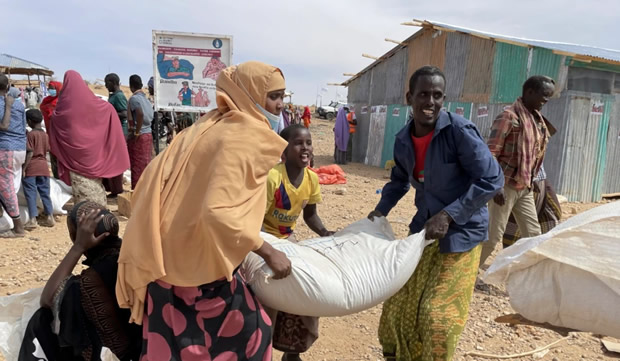
UN and South Sudan move over the tax deadlock
The South Sudanese government has responded to a UN request by reversing its intention to levy taxes and levies on humanitarian services and items, which represents a significant policy reversal.
The deputy resident representative for South Sudan for the UN Development Program, Titus Osundina, told VOA that there are still unanswered problems because some businesses and private suppliers that work with the UN might still be subject to taxes.
Osundina stated, “We need to see how that clarifies.”
The minister of finance for South Sudan clarified in a press release that although UN diplomatic missions and humanitarian organizations are exempt from taxes, businesses that are contracted by the UN Mission in South Sudan (UNMISS) are not since they are “profit-making entities” and must pay taxes in accordance with the agreement the mission first signed with South Sudan.
UN, being the biggest humanitarian organization in South Sudan, provides vital air drops that feed over 16,300 people each month, particularly in areas affected by natural disasters, conflict, and food insecurity.
The UN emphasized that increased levies would have added $339,000 to the monthly operating costs of UNMISS, impacting food and humanitarian assistance operations when almost half of the country’s population faces acute food shortages and floods are a real threat.
The amount that the new tariffs will cost UN contractors has not been disclosed.
One of the main international contributors to South Sudan, Timo Olkkonen, the head of the EU delegation there, stated that organizations require enough time and money to plan and execute relief efforts.
“We urge all parties involved to find a solution to this problem so that the UN and humanitarian community can carry on with their life-saving and peacekeeping efforts, and so that fuel and other necessities can be brought in for the benefit of the South Sudanese people,” Olkkonen stated.
The UN’s role in maintaining peace in South Sudan in advance of the country’s December national election emphasizes how urgently this problem has to be resolved.
All Categories
Recent Posts
Tags
+13162306000
zoneyetu@yahoo.com



